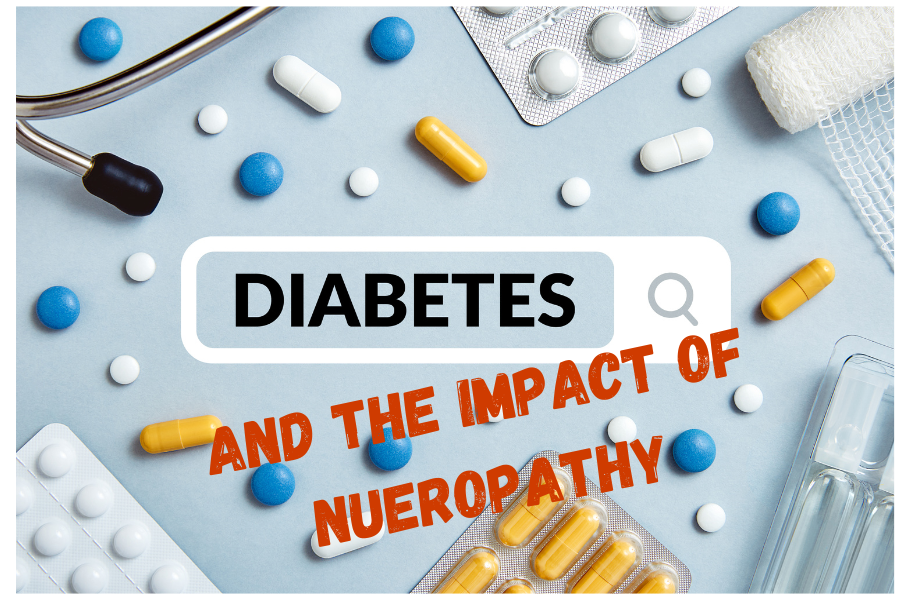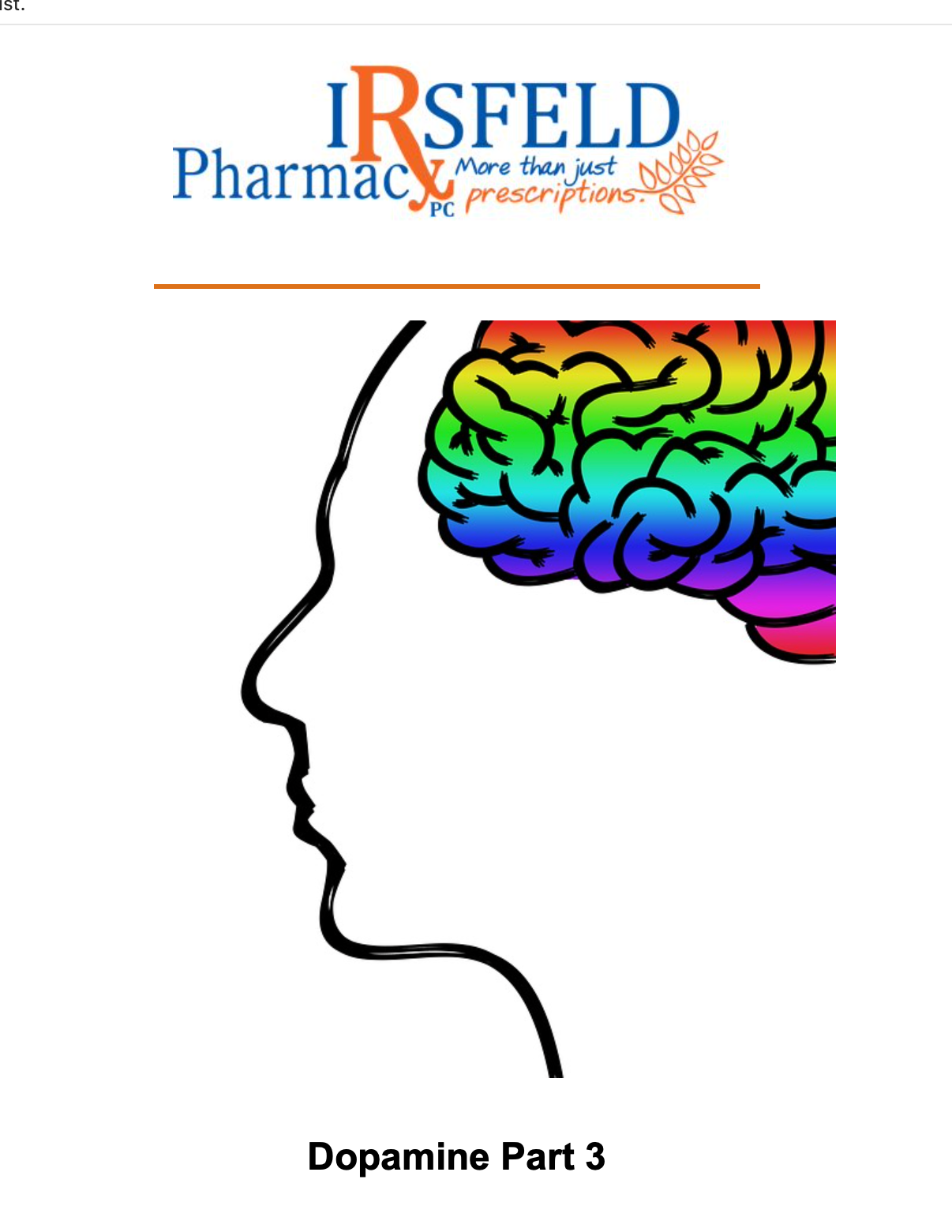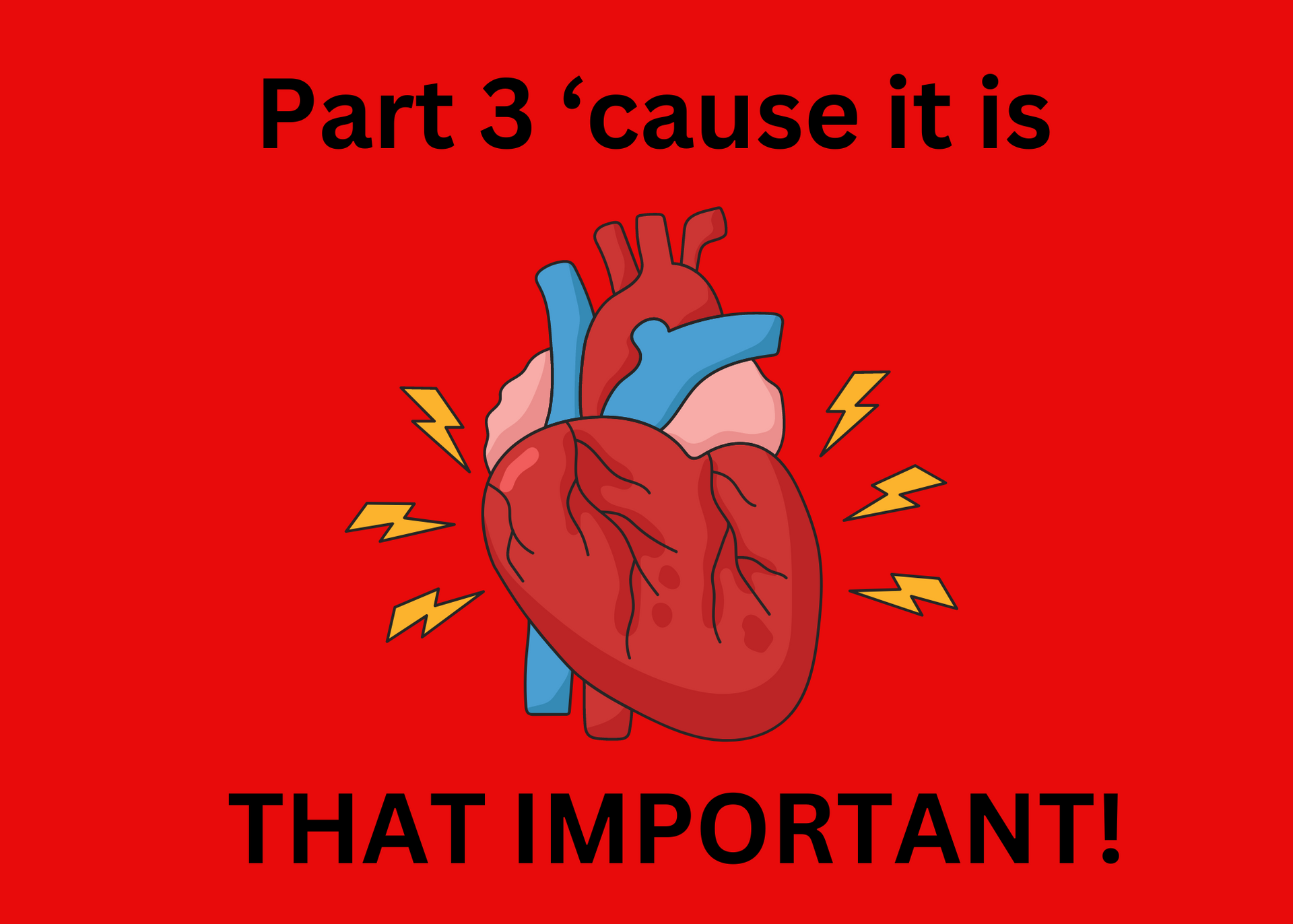Next week we will cover more...

Last month, I had the opportunity to speak to the local diabetes support group at the Sanford Clinic West. The topic of discussion was Diabetic Neuropathies: Conventional and Outside the Box treatment options. The group in attendance was very interactive, as I called on them to relay their experiences as diabetics, specifically how diabetic neuropathies affected their lives and the treatment options that have been most effective for them. Hence, I am sharing this information with my weekly readers.
Diabetes is a chronic metabolic disorder characterized by high blood sugar levels, either due to insufficient insulin production (Type 1 diabetes) or the body's ineffective use of insulin (Type 2 diabetes). Over time, uncontrolled diabetes can lead to various complications affecting different parts of the body, including the nerves, known as neuropathy.
Diabetic neuropathy is one of the most common complications of diabetes. It affects up to half of all people with diabetes, with the risk increasing the longer a person has diabetes and if their blood sugar levels are poorly controlled. While both Type 1 and Type 2 diabetes can cause neuropathy, it tends to develop more rapidly and severely in Type 2 diabetes due to the often longer duration of high blood sugar levels.
To understand how diabetic neuropathy occurs, let's first grasp the role of nerves in our body. Nerves act as messengers, transmitting signals between the brain, spinal cord, and other body parts. They help us sense touch, pain, and temperature and control muscle movement.
In diabetes, high blood sugar levels can damage the tiny blood vessels that supply oxygen and nutrients to the nerves, leading to nerve damage. Additionally, prolonged high blood sugar levels can disrupt the normal functioning of nerve cells, impairing their ability to transmit signals effectively. As a result, people with diabetic neuropathy may experience various symptoms depending on the type of nerves affected.
Diabetic neuropathy can affect different types of nerves in the body, resulting in various symptoms:
Peripheral neuropathy affects the nerves responsible for sensation, particularly in the feet and legs.
Symptoms may include:
• Numbness or tingling in the feet and toes.
• Burning or shooting pain, often worse at night.
• Loss of balance and coordination.
Over time, peripheral neuropathy can lead to serious foot problems, such as ulcers and infections, due to reduced sensation and poor wound healing.
Autonomic neuropathy affects the nerves that control involuntary bodily functions, such as digestion, heart rate, and blood pressure. Symptoms may include:
• Digestive problems, such as nausea, vomiting, diarrhea, or constipation.
• Bladder problems, including difficulty emptying the bladder.
• Sexual dysfunction, such as erectile dysfunction in men or vaginal dryness in women.
• Difficulty regulating heart rate and blood pressure, leading to dizziness or fainting
Proximal neuropathy affects the nerves in the thighs, hips, or buttocks, causing pain, weakness, or numbness in these areas. It often affects only one side of the body, making it challenging to stand up from a sitting position or climb stairs.
Focal neuropathy results from damage to specific nerves, often causing sudden, sharp pain in a particular body area. It can also lead to muscle weakness or paralysis in the affected area. Unlike other types of diabetic neuropathy, focal neuropathy typically resolves on its own over time.
While diabetic neuropathy can be challenging to treat, several strategies can help manage symptoms and prevent further nerve damage. These include:
• Maintaining tight control of blood sugar levels through a healthy diet, regular exercise, and medication as prescribed by a healthcare provider to maintain glycemic control.
• Check feet daily for signs of injury or infection and practice proper foot care to prevent complications.
• Managing other risk factors for nerve damage, such as high blood pressure and cholesterol levels.
• Avoid smoking and excessive alcohol consumption, as these can worsen nerve damage.
What happens when the above recommendations are not practical? We often resort to utilizing pain-relieving medications. The most common types would be conventional analgesics like acetaminophen, NSAIDs, and opioids. The effectiveness depends on the patient, but this group of medications isn't the best choice for treatment.
Antidepressant medications have been a staple of treatment for years. Tricyclic antidepressants are old school, but medications like amitriptyline and nortriptyline can be effective options for suffering patients. Unfortunately, they come with a price, often causing side effects like sedation and dry mouth, which in the short term may not be a problem, but after years, it can lead to poor cognition and dental issues.
Newer antidepressants like Duloxetine and Venlafaxine are called SNRIs or selective norepinephrine inhibitors. These medications work by preventing the reuptake of norepinephrine into the nerve, ensuring there is more of it in the nerve space, and blocking sodium channels as a way of reducing nerve transmission. These are a first-line treatment for neuropathies with fewer side effects than the tricyclic antidepressants, and nausea seems to be the most common side effect.
Anti-seizure medications are another treatment option. Medications like gabapentin and pregabalin ease pain by working on the transmission of pain through the nervous system. They block calcium channels in our nerves, stunting the transmission of pain signals to our brains. Side effects can include drowsiness, dizziness, and swelling in hands and feet.
Transdermal products like lidocaine patches, which are a local anesthetic, and capsaicin, which inhibits substance P, are also options to consider.
Diabetic neuropathy is a common complication of diabetes that can have a significant impact on a person's quality of life. By understanding the incidence, physiology, and symptoms of diabetic neuropathy, individuals can take proactive steps to manage their diabetes effectively and reduce the risk of developing this debilitating condition. Through proper management and lifestyle modifications, individuals can minimize the impact of diabetic neuropathy and lead healthier, more fulfilling lives.
Treating diabetic neuropathy is not a one-size-fits-all. Tailoring a regimen that uses multiple treatment options is often the best way to get results. In next week's article, I will cover some outside-the-box treatment options utilizing dietary supplements and compounded medications for the treatment of diabetic neuropathies.
If you would like help or more information about natural treatment options for diabetic neuropathies, do not hesitate to contact my pharmacy staff, as they would be more than willing to help you at 701-483-4858. All my articles can be found online at our website, www.irsfeldpharmacy.com. My podcast, "The Irsfeld Pharmacy Optimal You Podcast," can also be accessed through the website.
Until next time, be vigilant about your health!!
VISIT US
HOURS
HOURS
CONTACT US
Fax #: (701) 483-4926











Share On: